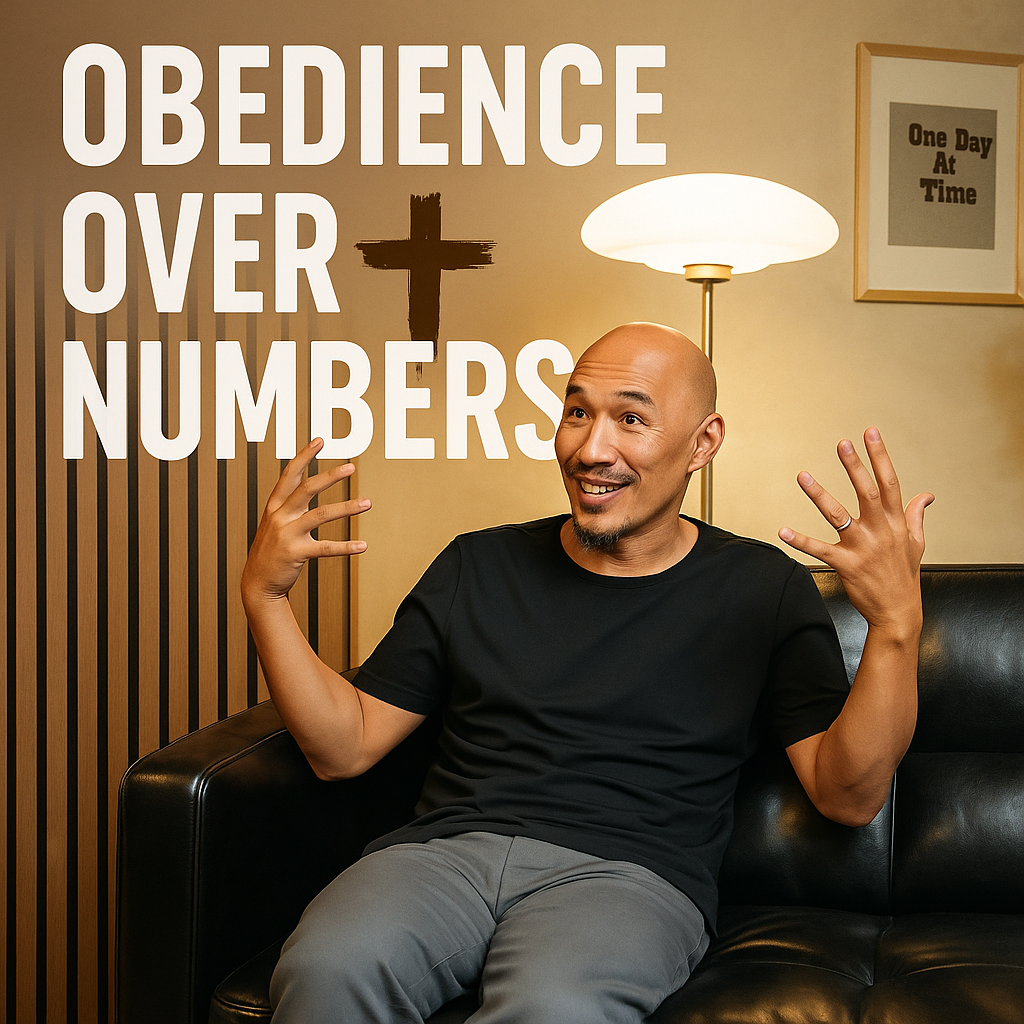Francis Chan: A Conviction That Cost Everything
For Francis Chan, success in ministry never came down to how many people filled the seats, but whether those people were truly walking in obedience to the Word of God. “I don’t think it’s about numbers,” Chan declared. “I really think it’s about obedience.”
That conviction would lead him to make one of the most unexpected decisions in modern church leadership: stepping away from a thriving megachurch he had pastored for 16 and a half years. Not because it was “bad,” as he emphasized, but because he could no longer reconcile what the church had become with what he saw in Scripture.
When Conviction Collides with Culture
Reflecting on his time at Cornerstone, Chan painted a vivid picture. “It’s almost like if I opened a movie theater that people had been coming to for 15 years, and then I show up one day and go, ‘Ah, movies aren’t good for you—let’s do CrossFit instead.’” The shift wasn’t just about style—it was about function, purpose, and discipleship.
He recognized the system he helped build had made spectators, not participants. Though people showed up, listened, and even applauded, Chan became more and more convicted that true biblical discipleship was missing. “If I know there’s something that’s commanded, and I’m not even trying… I can’t live with myself. I can’t sleep.”
The Limits of Scale and the Dream of Obedience
In that same conversation, Chan honestly admitted, “If I knew how to gather 10,000 people and truly have them love one another and all exercise their gifts, then I would do it. But I don’t know how to do it.” He wasn’t condemning large gatherings; he was questioning their fruit.
The question wasn’t can you grow a crowd, but should you—if what’s being built cannot prioritize what God prioritizes?
Lecrae’s Echo: Gifting, Responsibility, and the Burden of Shepherding
Sitting across from Chan, Lecrae offered a deeply personal agreement. “I think I’m gifted at teaching,” he said, “but shepherding people… that’s a lot of responsibility.”
Lecrae shared how people often encouraged him to become a pastor because of his voice and influence, but he resisted. “I think you mean I should be a teacher,” he would reply. That distinction, between having a gift and carrying a shepherd’s responsibility, mirrored Chan’s own wrestle with leadership.
Numbers, Baal, and the Day of Pentecost
Lecrae added a powerful reflection on numbers: “There’s nothing wrong with numbers… but there may be 3,000 people praising Baal somewhere.” He referenced the Day of Pentecost, when 3,000 came to Christ, but asked the bigger question: how do we discern whether a crowd is a God thing or just a reality of influence?
Chan didn’t hesitate. For him, the answer was found in Scripture—and in obedience. Not in crowd size, not in applause, not in fame.
A New Way Forward
Francis Chan’s journey from platform to conviction is more than a leadership transition—it’s a prophetic call to the Church. It’s an invitation to return to the Scriptures, to reimagine what church could be if the goal was spiritual obedience instead of spiritual attendance.
Lecrae, though walking a different path, stood as a witness to the same spiritual tension—a desire to walk faithfully, even when it defies people’s expectations of what ministry should look like.
Five Things We Learned
- Obedience is greater than influence – Chan stepped down from a megachurch because he couldn’t lead it biblically any longer.
- Church isn’t a show – When ministry becomes entertainment, it loses its power to disciple.
- Teaching and pastoring aren’t the same – Lecrae’s distinction reminds us that gifting doesn’t determine calling.
- Numbers must be tested – A crowd may indicate success or compromise—only discernment can tell.
- Conviction changes everything – True transformation starts when leaders choose obedience over comfort.




